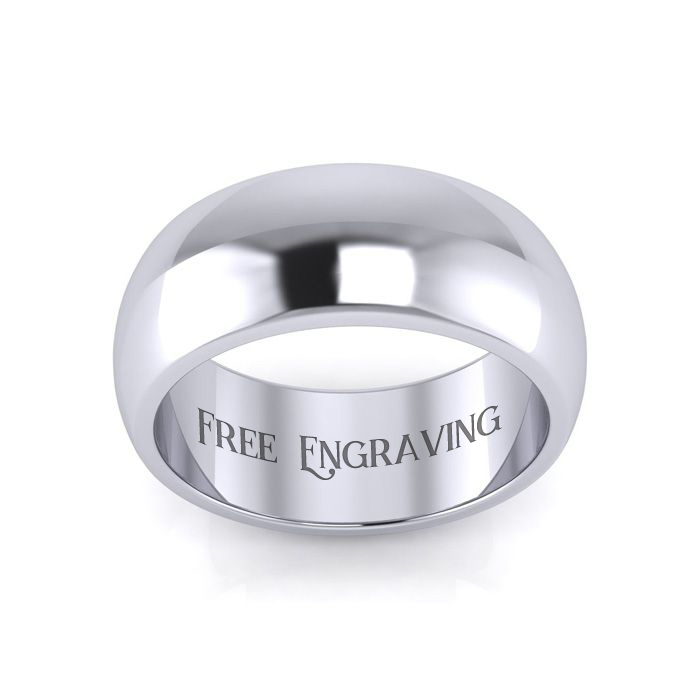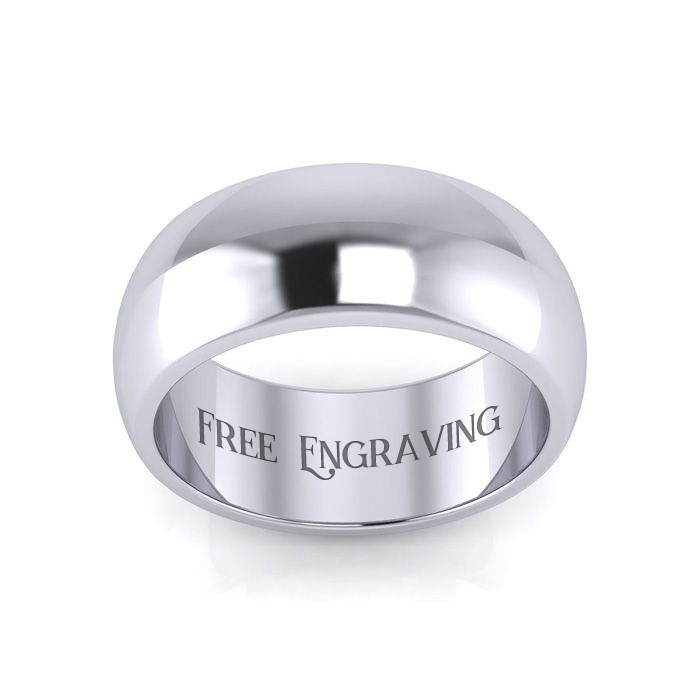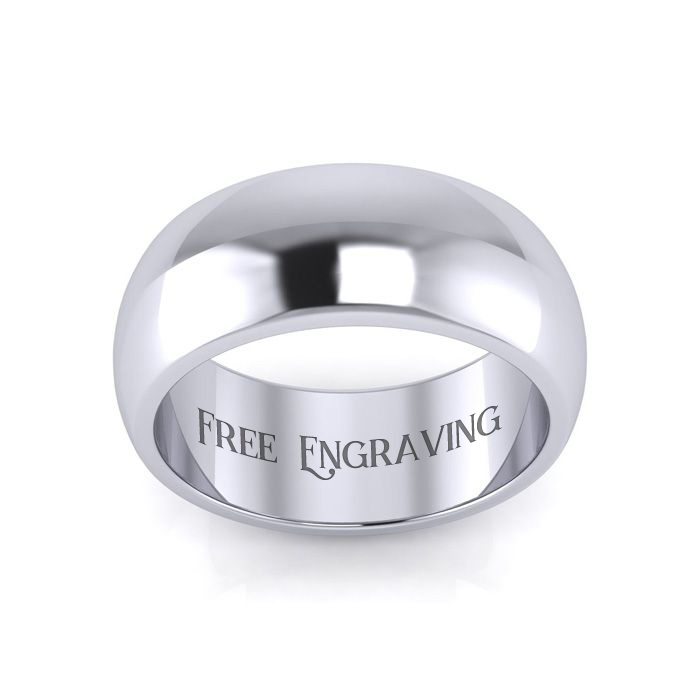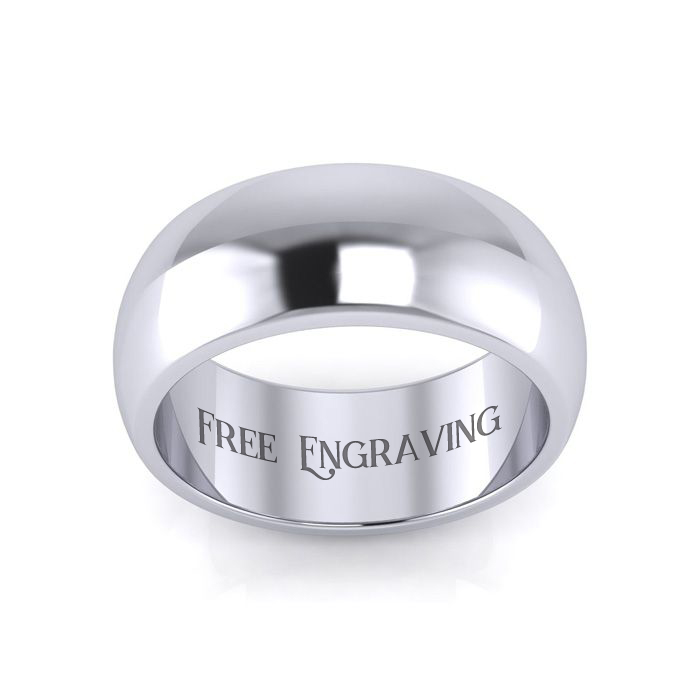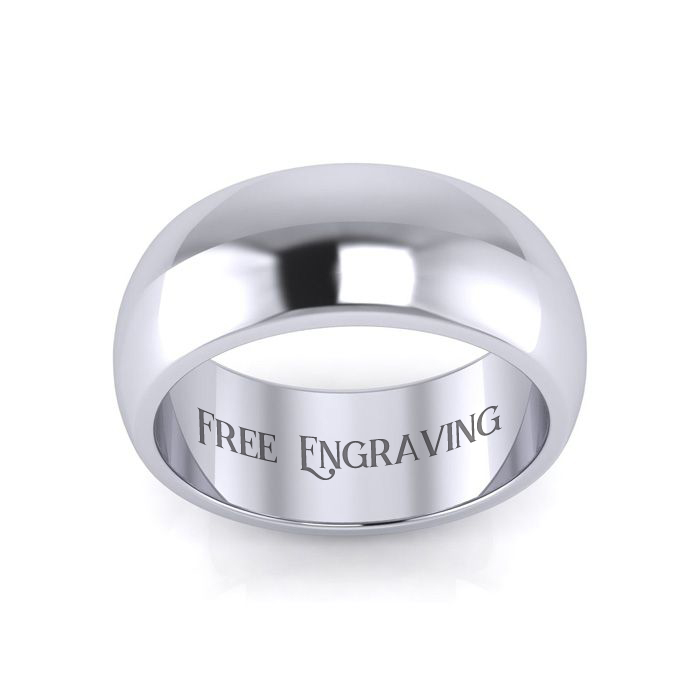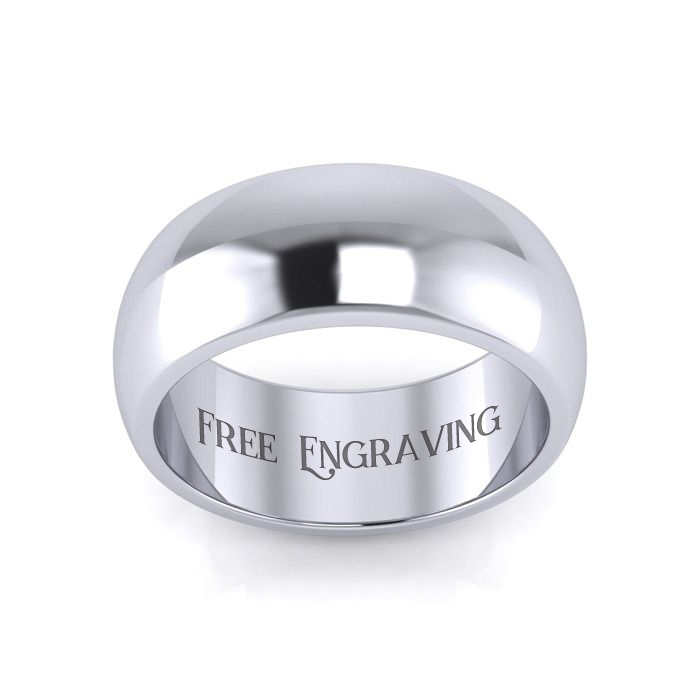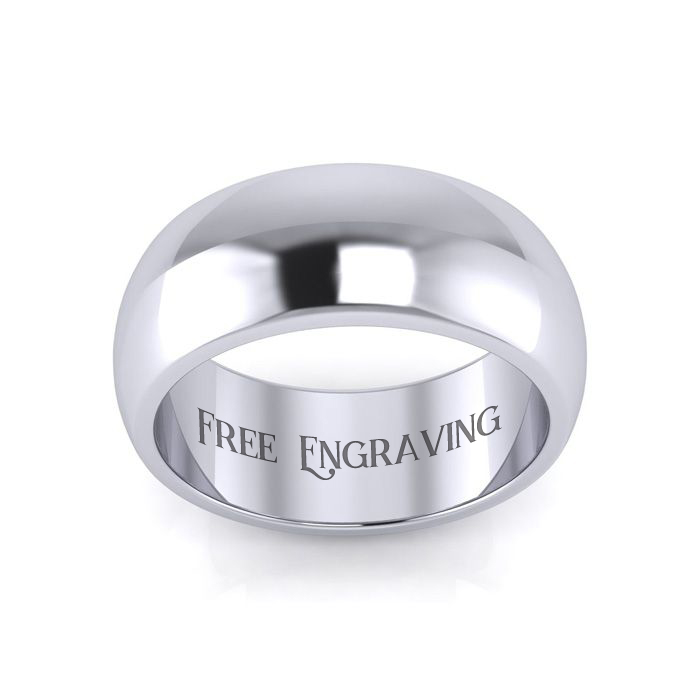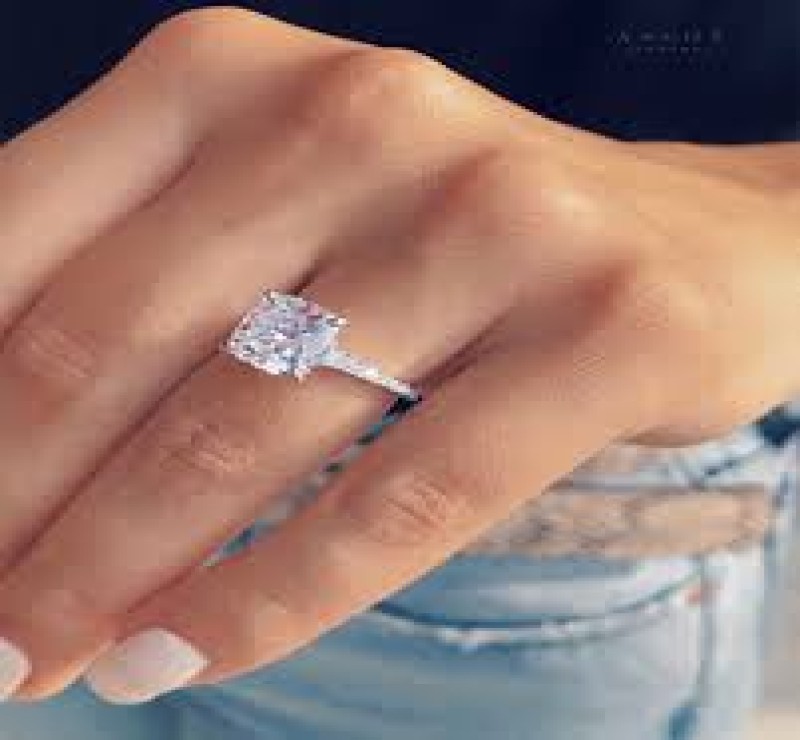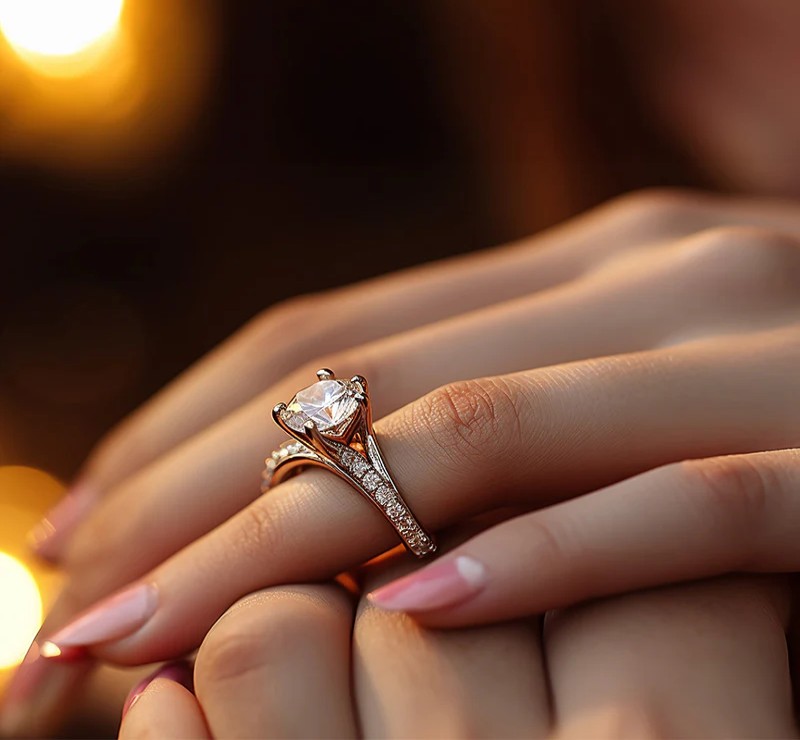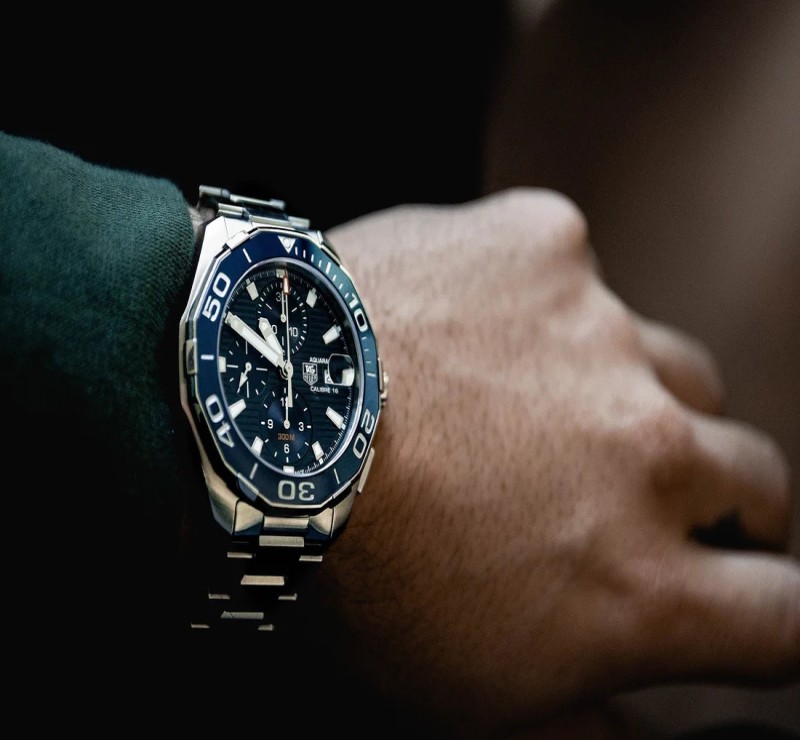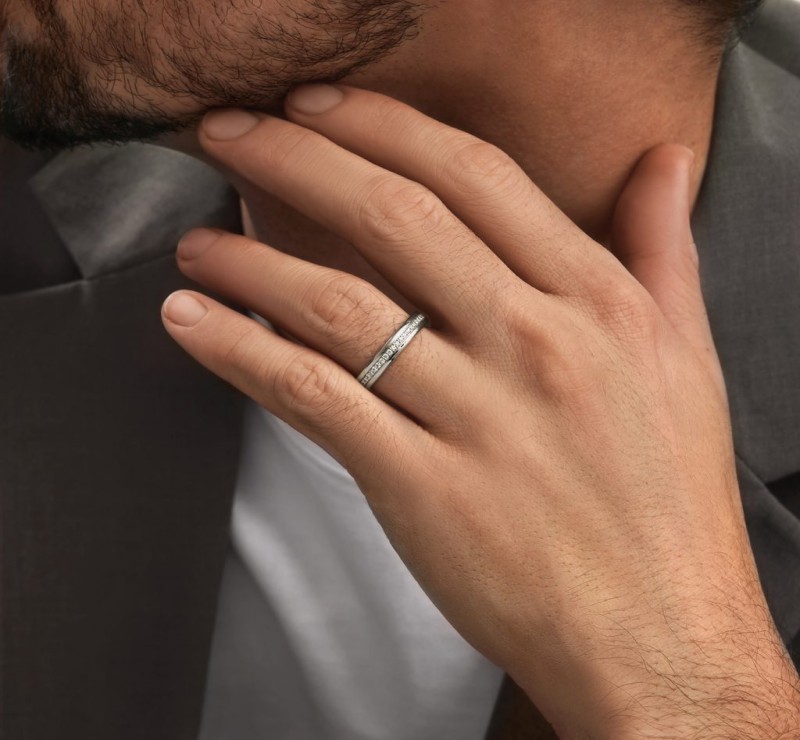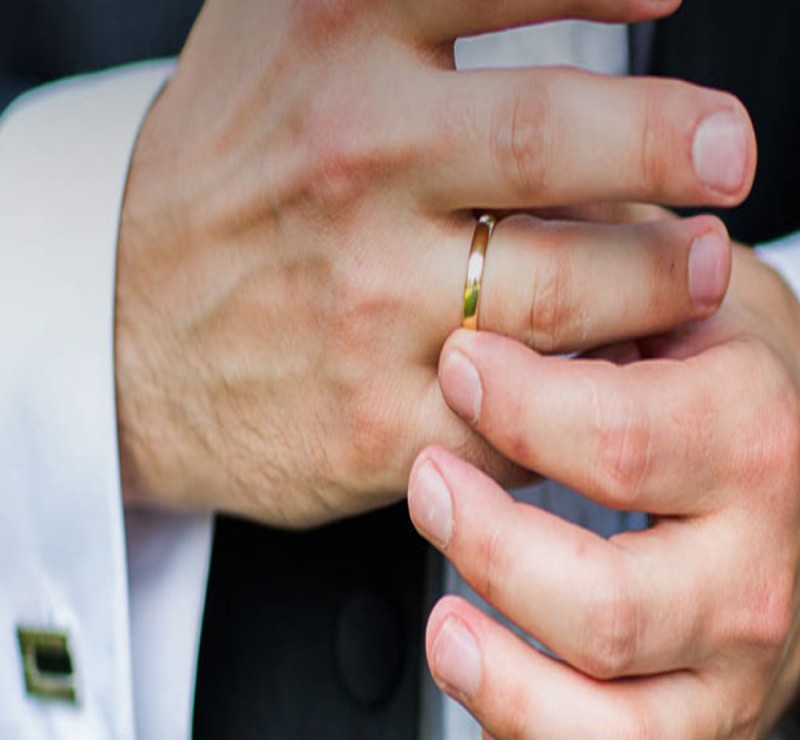
Turquoise Gemstone Buying Guide at DDB
Hardness is only 6, and Turquoise Thus Falls Below Quartz in Wearing Qualities. A file will scratch it fairly easily; it is comparatively brittle, and its color is almost certainly affected if immersed in any liquid or even in water for any length of time. It will, therefore, be seen that turquoise needs to be handled and treated with much care and that, for a ring stone, it is really most unsuitable. Its comparatively low value, Turquoise Gemstone Buying Guide at DDB however, would make it easily replaceable, although the matching of stones is more difficult. It is surprising how many different shades of blue can be seen in a parcel of turquoises when one makes comparisons.
Turquoise is Never Found as Natural Crystals, but always in an amorphous or crypto-crystalline state. It occurs in igneous or sedimentary rocks, filling veins and cavities. If a section is examined under the microscope, doubly refractive grains or fibers are sometimes seen. Turquoise Gemstone Buying Guide at DDB The material resembles chalcedony in this respect, and it may, therefore, be said to be crypto-crystalline. In 1912, Schaller showed that some turquoise found in Virginia was apparently of crystalline formation. The refractive index is generally given as 1.61 to 1.65, the specific gravity also varying from 2.60 to 2.82.
The luster is decidedly waxy, and it is difficult to obtain a good polish on a surface. If this is attempted, the heat developed during friction between the stone and the polishing lap is sufficient to affect the color; Turquoise Gemstone Buying Guide at DDB it may even cause a crack or breakage. Most of the highly polished turquoises which one sees have had their color restored by artificial means after polishing. Nearly all are cabochon cut and all shapes are seen. Much of the fashioning of this stone is done in the East, where its use in ornament is almost universal and good specimens are highly valued.
Turquoise Matrix
Turquoise Matrix is The Cut Stone which includes the brownish limonite so often naturally associated with the rough stone when mined. Turquoise Gemstone Buying Guide at DDB By including this limonite when cutting, larger pieces may be produced, and the included veins are not always detrimental to the beauty of the stone.
The finest qualities are those of a sky blue color, and these usually come from Persia, where they are found in mines near Nishapur, filling cracks and cavities in an acid volcanic rock. The mining center is the village of Maaden, and here the mines are of great antiquity. Turquoise Gemstone Buying Guide at DDB Marco Polo related that, in a province near Tibet, there was a mountain "whence are Quarried Turquoise Stones in Great Abundance, very large and beautiful," but apparently the reigning king had the monopoly of the output. Many of the Persian stones come to Europe through India, often via Kashmir, although none is found there, as is generally supposed.
History of Turquoise Gemstones
Throughout the East, in Persia, Turkey, India, Arabia, and Egypt, Turquoise is Considered a Lucky Stone. Turquoise Gemstone Buying Guide at DDB It is worn in rings, bangles, and jewelry of every description, as well as being mounted in dagger handles, sword sheaths, and saddles. Such stones are frequently engraved, sometimes with gilt characters. Large, perfect pieces command high prices since they are rare. Turquoise Gemstone Buying Guide at DDB The finest known stone is said to be owned by the Shah of Persia; it is about 3 1/2 inches long and absolutely flawless.
Egyptian turquoise is generally greenish in color, and it has often a glazed surface. The mines were known to the Egyptians as early as 4000 B.C., and those in the Sinai Peninsula were no doubt the source of the turquoises we read of in the Bible. Turquoise Gemstone Buying Guide at DDB For some centuries, these mines were neglected and forgotten, and it was not until the middle of the last century that they were rediscovered by Major Macdonald. Some fine specimens from here were shown during the great Exhibition of 1851.
The best known Egyptian mines are situated in the Wadi Moghara (Hollow Valley). Turquoise Gemstone Buying Guide at DDB That they were worked on a large scale in early days is proved by the numerous inscriptions and implements which were found there by Macdonald. It seems also that an Egyptian garrison was once maintained there to protect the mines. Since reopening these mines, stones of exceptional size have been found, some of which may be seen in the British Museum. Turquoise Gemstone Buying Guide at DDB Other districts in the Sinai Peninsula Which Yield Turquoises Are Neseb and the Nesaiph Well (between Sinai and Suez).
Sources of Turquoise Gemstone
Other well-known sources of turquoise are Mexico and the U.S.A. The Mexican stones, which are pale blue to green in color, show signs of having been bleached and mineralized by the influence of volcanic vapors. Turquoise Gemstone Buying Guide at DDB They are found in the Large stones of fine quality, that is, of a deep blue color and free from flaws, are seldom found. A large, heart shaped stone, two inches in length, engraved with an inscription from the Koran, and once worn as an amulet by Nadir Shah, was valued at $1,400 (£500), but this was probably of Persian origin. Turquoise Gemstone Buying Guide at DDB do Santa Rosa, near Mazapil in Zacatecas. Various deposits occur in New Mexico, California, Arizona, and other southern states of the U.S.A.
Sierra
There is evidence that turquoise was most highly prized by the Indians of Central America some thousands of years ago as, indeed, it is today by their descendants. Turquoise Gemstone Buying Guide at DDB Indians of the mesa country used to be classed not by their flocks of sheep but by the quantity and quality of their turquoises. The mines in northern Mexico and Arizona have been worked for centuries, and in these districts, the mineral was once used as a medium of exchange.
The Aztec craftsmen, long before the arrival of the Spaniards, had attained a high standard of skill in Inlaying Turquoise in Their Ornaments and articles of religious worship. Some fine examples of their work still exist in the form of masks, skulls, and beads, and some such articles have been recovered from the TemplePyramid of Chichen Itza and the Sacred Well in Yucatan. Turquoise Gemstone Buying Guide at DDB Other ruins which have yielded good specimens are those at Los Muertos (Arizona) and Pueblo Bonito, the latter dating back to over a thousand years.
The ancient mines in the Little Burro mountains (also in New Mexico) are still worked. They were rediscovered by white men as late as 1885, and although early work was concentrated on the remains of the Aztec mines, fresh deposits were found in the adjacent ground. Turquoise Gemstone Buying Guide at DDB Many fine blue stones have been cut from the material found here. In the Little Hachita mountains, Turquoise was Discovered by Miners who thought that the ancient workings and dumps in the region were sites of gold mines of the Aztecs or of the early Spaniards. That Indians and Spaniards worked here sufficient proof was found. Turquoise Gemstone Buying Guide at DDB The turquoise from this district is generally of a light blue or green color; some specimens of a good blue color, when first unearthed, fade somewhat on exposure. operated by the ancient Aztecs since many signs and inscriptions of these people have been found on neighboring rocks. Turquoise Gemstone Buying Guide at DDB The turquoise is found in seams and nuggets, often with limonite, but it is generally of a pale blue color, the pure blues being comparatively rare.
Light blue and greenish stones, chiefly cut with the associated matrix, come from Colorado, and some finer material is found in Nevada. Turquoise Gemstone
Types of Turqouise Gemstones
Buying Guide at DDB The blue stones are generally the harder; the paler blue and greener material is softer. The dark brown and yellowish stains seen in many stones are due to limonite and iron oxides.
here is Deposits of Turquoise About 40 Miles northwest of Brisbane in Queensland, Australia. These are found in veins traversing a hard, phosphate rock. Turquoise Gemstone Buying Guide at DDB Fine qualities are sometimes obtained, although the veins and nodules, occasionally half an inch in thickness, are accompanied by rock crystal. Turquoise Gemstone Buying Guide at DDB The color is generally green and marked, and large stones cannot be obtained from this source. The specific gravity is lower than the Persian stones, about 242 instead of 2.60 or more.









